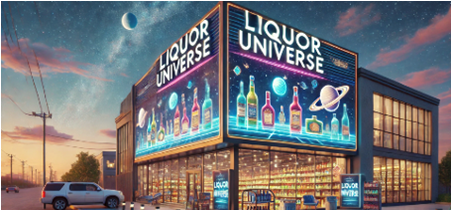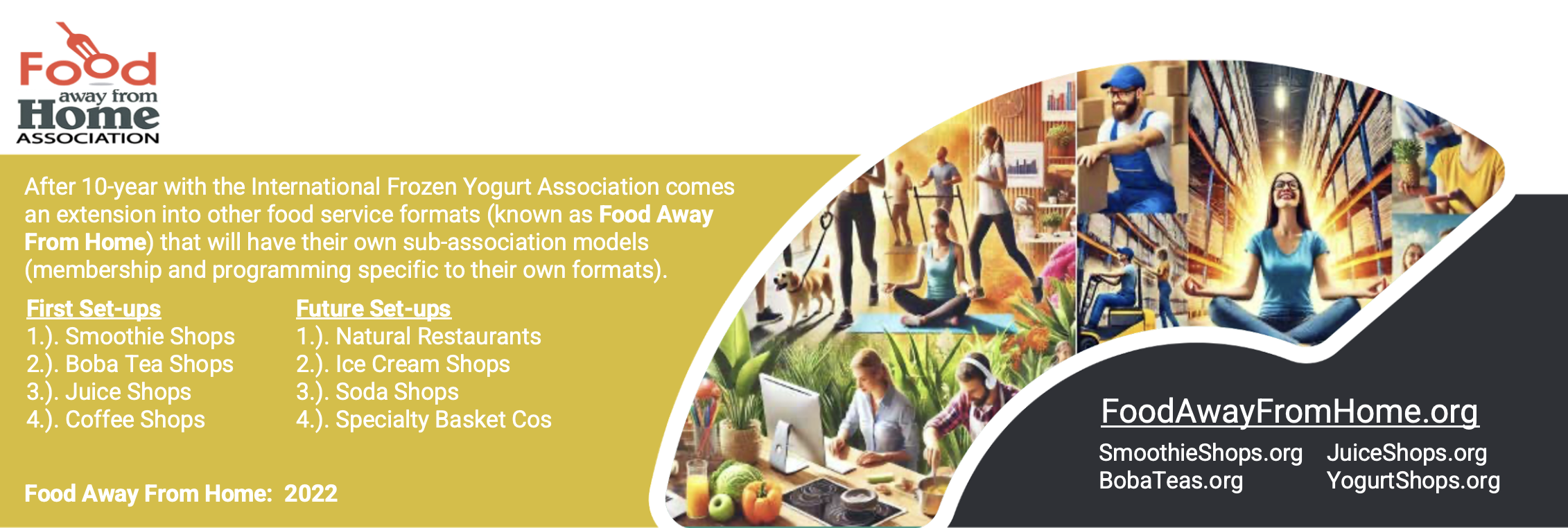


Sales Brokers specializing in liquor retail formats in the U.S. are key players in helping brands navigate the highly regulated and competitive alcohol industry. These brokers operate at local, regional, and national levels, ensuring that brands gain access to independent liquor stores, major retail chains, and on-premise accounts like bars and restaurants. Many of these brokers also cover related retail and food service formats, including restaurants, hotels, casinos, and grocery stores with liquor licenses. Because liquor distribution involves complex state regulations and tiered distribution models, sales brokers act as strategic partners who understand compliance laws, pricing structures, and promotional strategies. Platforms like RetailFormats.com provide additional industry insights, helping brands streamline their market entry strategies and secure retail placements in both traditional and emerging liquor sales channels.
Sales Brokers in this sector work with a diverse range of liquor-related formats, including liquor stores, wine shops, grocery liquor sections, breweries, distilleries, and wineries, ensuring brands find placements in both off-premise retail and on-premise service locations. Additionally, they collaborate with leading liquor distributors, such as Southern Glazer’s Wine & Spirits, Republic National Distributing Company (RNDC), Breakthru Beverage Group, Young’s Market Company, and Johnson Brothers, which supply liquor products to retailers, restaurants, hotels, and event venues. These distributors play a crucial role in ensuring state and federal compliance, product storage, and efficient supply chain management for brands entering the liquor market. Sales brokers help brands strategically align with the right distributors, ensuring that products are distributed effectively across different retail and hospitality sectors.
The Importance of Sales Brokers in Liquor Retail Formats
Sales brokers are essential for liquor brands looking to secure placements in retail and food service sectors, as navigating state liquor laws, distributor relationships, and retail buyer expectations can be complex. Unlike traditional consumer packaged goods, alcohol sales require tiered distribution models, controlled marketing, and licensing compliance, which brokers help brands manage. Additionally, brokers facilitate introductions to key liquor buyers, coordinate promotional events, and assist with pricing strategies that align with industry standards. Their expertise ensures that brands can expand their footprint efficiently, gain visibility in competitive markets, and secure long-term success in liquor retail and food service sectors.
Distilled Spirits Council of the United States (DISCUS)
1250 Eye Street, NW, Suite 400, Washington, DC 20005
(202) 628-3544
www.distilledspirits.org
Wine & Spirits Wholesalers of America (WSWA)
805 15th Street NW, Suite 430, Washington, DC 20005
(202) 371-9792
www.wswa.org
American Distilled Spirits Alliance (ADSA)
236 Massachusetts Avenue NE #301, Washington, DC 20002
(202) 470-5958 www.americandistilledspirits.org
Wine and Spirits Guild of America
1200 North Nash Street, Suite 550, Arlington, VA 22209
(703) 243-7500
www.wineandspiritsguild.com
National Alcohol Beverage Control Association (NABCA)
2900 South Quincy Street, Suite 800, Arlington, VA 22206
(703) 578-4200
www.nabca.org
American Beverage Association (ABA)
1275 Penn Avenue NW, Suite 1100, Washington, DC 20004
(202) 463-6732
www.americanbeverage.org
